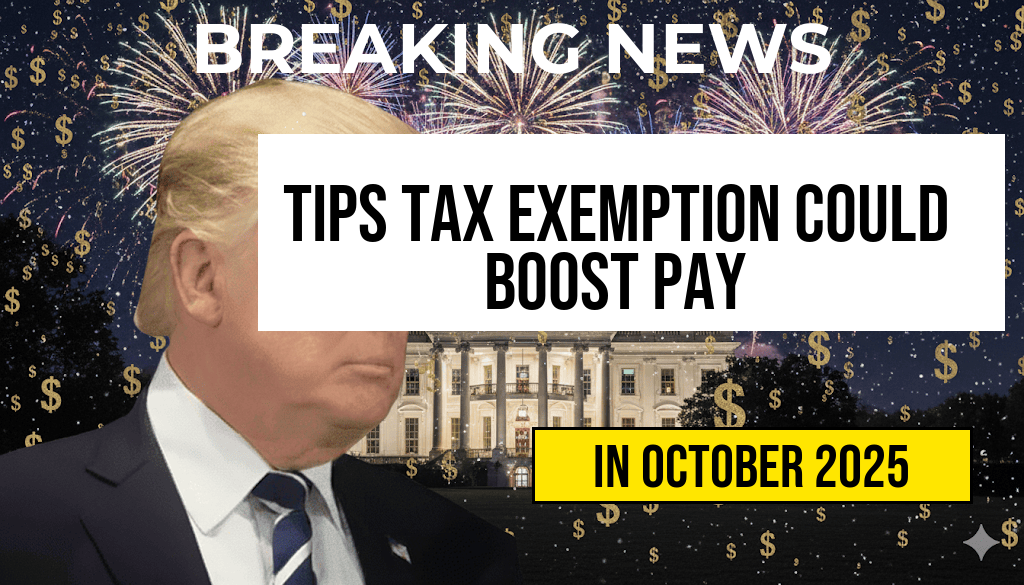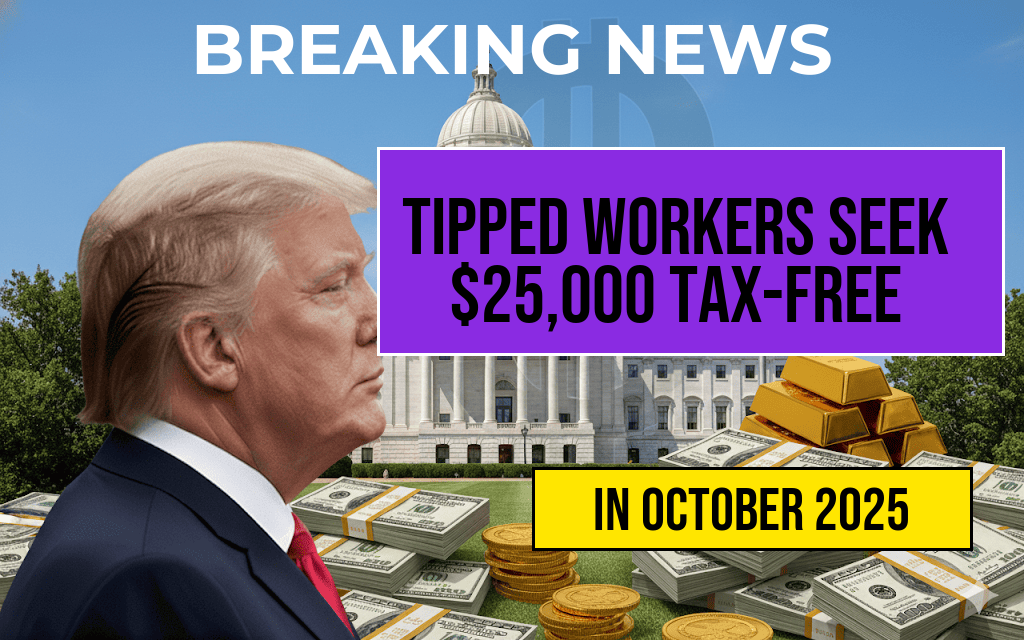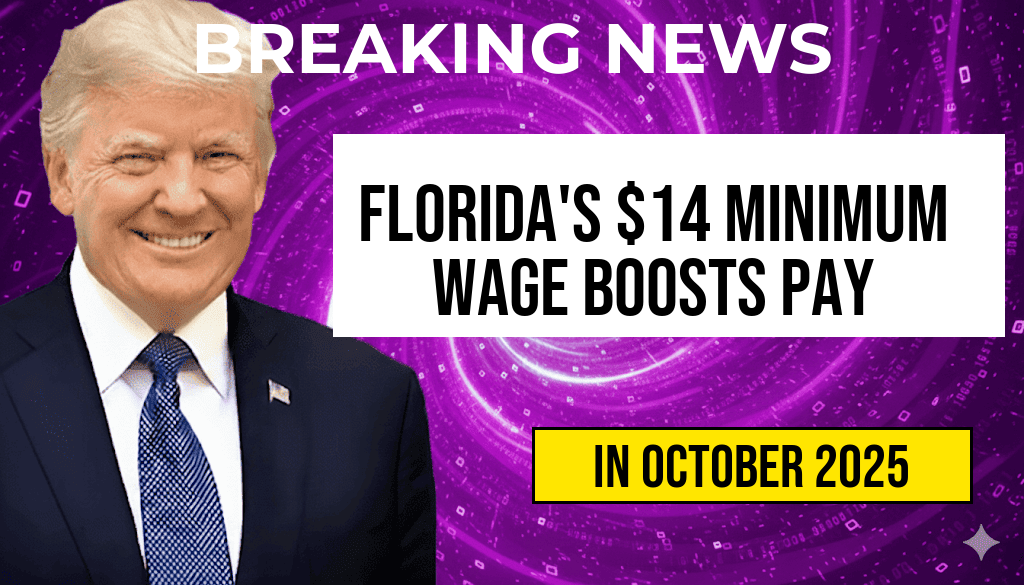The proposal to eliminate taxes on tips has garnered significant attention, especially in the service industry where gratuities form a substantial part of employees’ earnings. According to new estimates, this change could potentially increase the annual paychecks of workers by as much as $25,000. However, while this initiative promises immediate financial benefits for many, payroll taxes will still apply, meaning that the net gain may not be as substantial as it appears. This nuanced discussion about taxation, income, and the implications for service workers is becoming increasingly relevant in ongoing debates about wage reform and economic equity.
The Impact of Removing Tip Taxes
Removing taxes on tips could significantly alter the financial landscape for employees in sectors such as hospitality and food service. Current tax regulations require workers to report their tips as income, which is then subject to federal and state income tax. This reform could allow workers to retain a larger portion of their earnings, increasing their take-home pay.
Potential Earnings Increase
For many service workers, tips can account for a large percentage of their total compensation. The following points illustrate the potential benefits:
- Higher Disposable Income: Without the tax burden on tips, workers would see a notable increase in their monthly earnings.
- Economic Stimulus: Increased disposable income could lead to higher spending in local economies, benefiting businesses and communities.
- Job Satisfaction: Higher earnings may lead to improved morale among workers, potentially reducing turnover rates in the service industry.
Understanding Payroll Taxes
Despite the potential benefits of eliminating tip taxes, it’s crucial to understand that payroll taxes will still apply. These taxes, which fund Social Security and Medicare, are deducted from employees’ paychecks regardless of how those earnings are categorized. Therefore, even if tips go untaxed, the overall increase in earnings may be offset by payroll deductions.
Current Payroll Tax Rates
| Type of Tax | Rate |
|---|---|
| Social Security Tax | 6.2% on earnings up to $147,000 (as of 2023) |
| Medicare Tax | 1.45% on all earnings |
Broader Implications for Workers
The conversation around eliminating tip taxes is part of a larger discourse on worker rights and compensation. Advocates argue that reforming how tips are taxed could lead to fairer wages for service workers, many of whom rely on tips to make ends meet.
Challenges Ahead
While the prospect of higher take-home pay is appealing, several challenges remain:
- Legislative Hurdles: Passing a tax reform bill requires significant political will and consensus, which can be difficult to achieve.
- Industry Resistance: Some businesses may resist changes that they fear could increase their overall labor costs.
- Economic Variability: The actual impact on individual earnings can vary significantly depending on the industry and regional economic conditions.
Conclusion
The proposal to eliminate taxes on tips presents an opportunity to enhance the financial well-being of service workers. However, the continued application of payroll taxes complicates the narrative, reminding us that while the potential for increased earnings is significant, the net benefits may vary. As discussions continue, stakeholders from various sectors will need to engage in dialogue to ensure that any changes ultimately benefit workers while maintaining economic viability for businesses.
For more information on payroll taxes and their implications, visit IRS Employment Taxes or learn about Payroll Taxes on Forbes.
Frequently Asked Questions
What impact would eliminating taxes on tips have on employee paychecks?
Eliminating taxes on tips could potentially increase employee paychecks by as much as $25,000 annually, allowing workers in service industries to retain more of their earnings.
Are payroll taxes still applicable if tips are tax-free?
Yes, while tips may be exempt from certain taxes, payroll taxes would still apply to the overall income, ensuring that social security and Medicare contributions remain intact.
Who would benefit the most from the removal of tip taxes?
Workers in the service industry, such as waitstaff and bartenders, would benefit the most as they typically receive a significant portion of their income in the form of tips.
What are the potential economic implications of not taxing tips?
Not taxing tips could lead to increased disposable income for workers, potentially stimulating consumer spending and positively impacting the overall economy.
How might this change affect businesses that rely on tipping?
Businesses that rely on tipping may see a shift in their payroll structures, as lower costs associated with tax withholdings could lead to higher wages and increased employee satisfaction.






